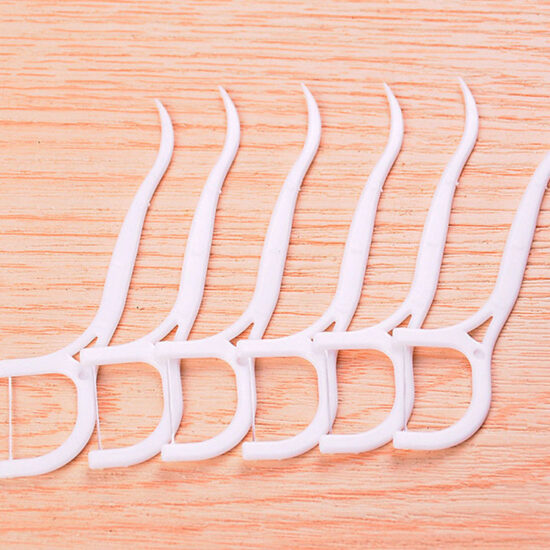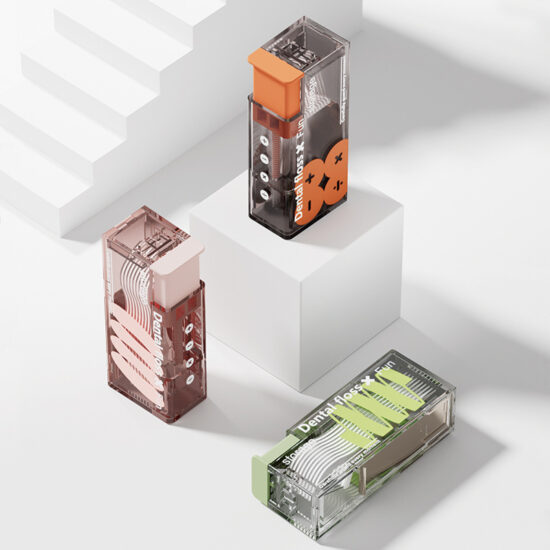bob@nbdho.com
Kids’ Toothbrush Guide: Choosing the Best Brush for Your Child
Here’s a simple and friendly guide for Kids’ Toothbrush Guide: Choosing the Best Brush for Your Child — great for parents wanting the best for their little ones:
Kids’ Toothbrush Guide: Choosing the Best Brush for Your Child
Helping kids develop good oral hygiene habits starts with choosing the right toothbrush. Here’s what parents should look for:
1. Age-Appropriate Size
- Select a toothbrush with a small head designed to fit comfortably in your child’s mouth.
- Handles should be easy to grip for little hands.
2. Soft Bristles
- Always choose soft or extra-soft bristles to protect your child’s sensitive gums and developing teeth.
- Hard bristles can cause irritation or damage.
3. Fun and Engaging Designs
- Toothbrushes with colorful handles, favorite characters, or fun shapes encourage kids to brush regularly.
- Some even have built-in timers or musical features to make brushing fun.
4. Manual vs. Electric
- Manual toothbrushes are fine for younger kids learning to brush.
- Electric toothbrushes with small heads and gentle action can be helpful for older children and those needing extra motivation.
5. Safety Features
- Look for non-slip handles.
- Ensure the toothbrush is made from safe, non-toxic materials.
6. Replace Often
- Kids tend to wear out toothbrushes quickly—replace every 3 months or sooner if bristles look worn.
- Replace immediately after your child has been sick.
Bonus Tips for Parents:
- Supervise brushing until your child can brush effectively alone (usually around age 7–8).
- Teach gentle brushing technique to protect gums.
- Make brushing a positive and consistent routine.
Want me to help create a kids’ oral care checklist or fun brushing charts to encourage daily habits?

